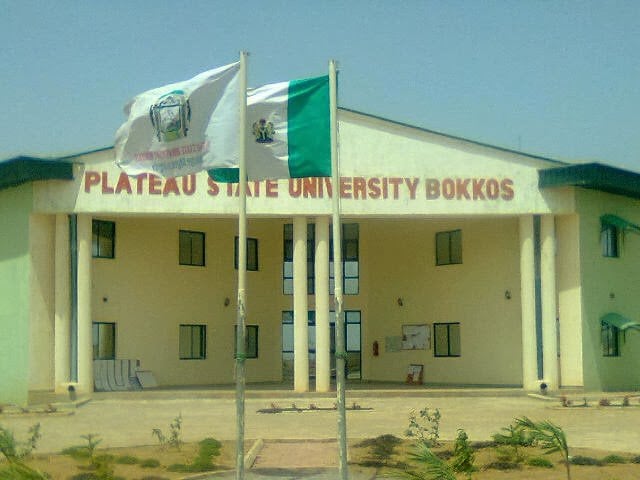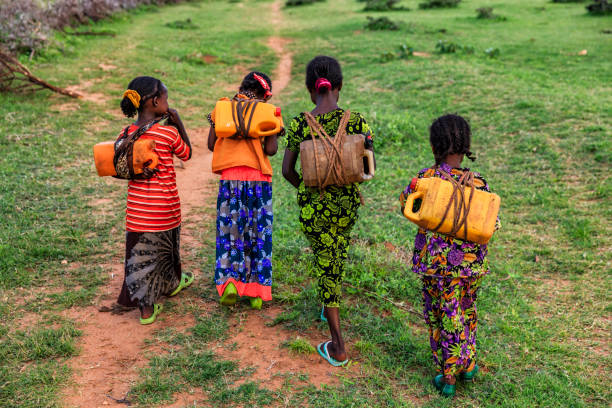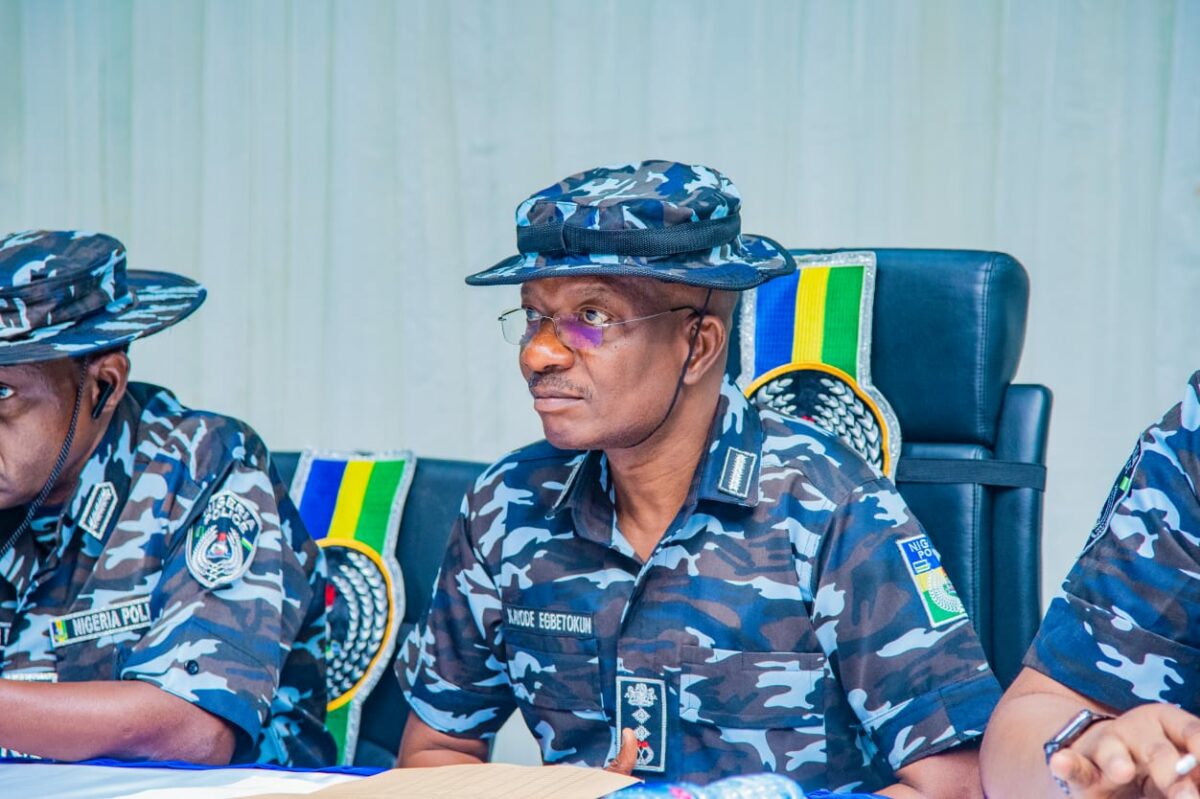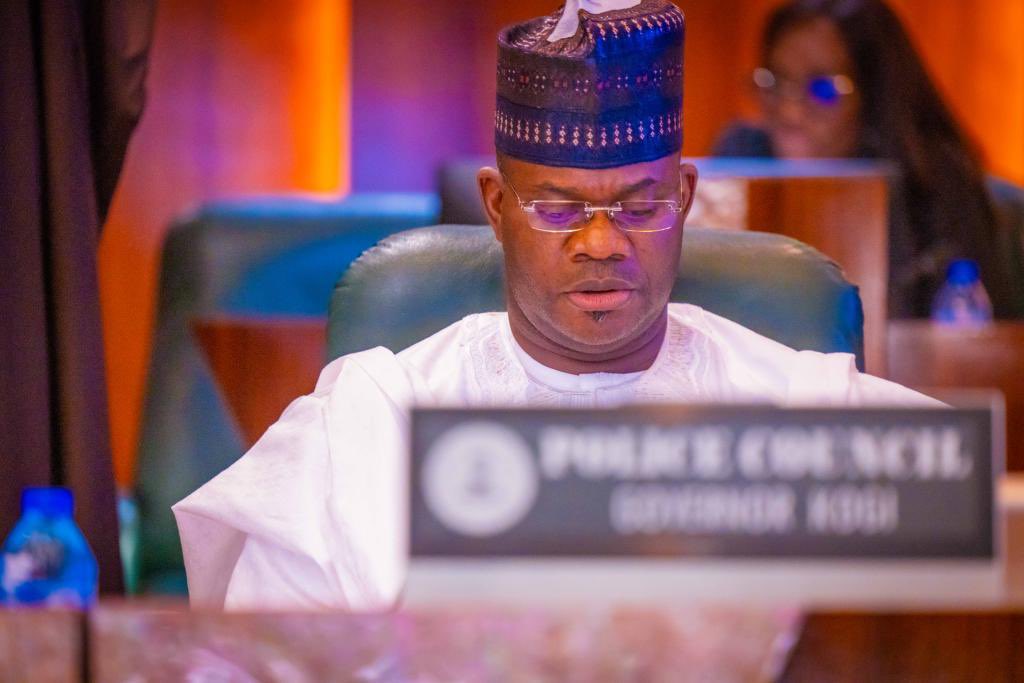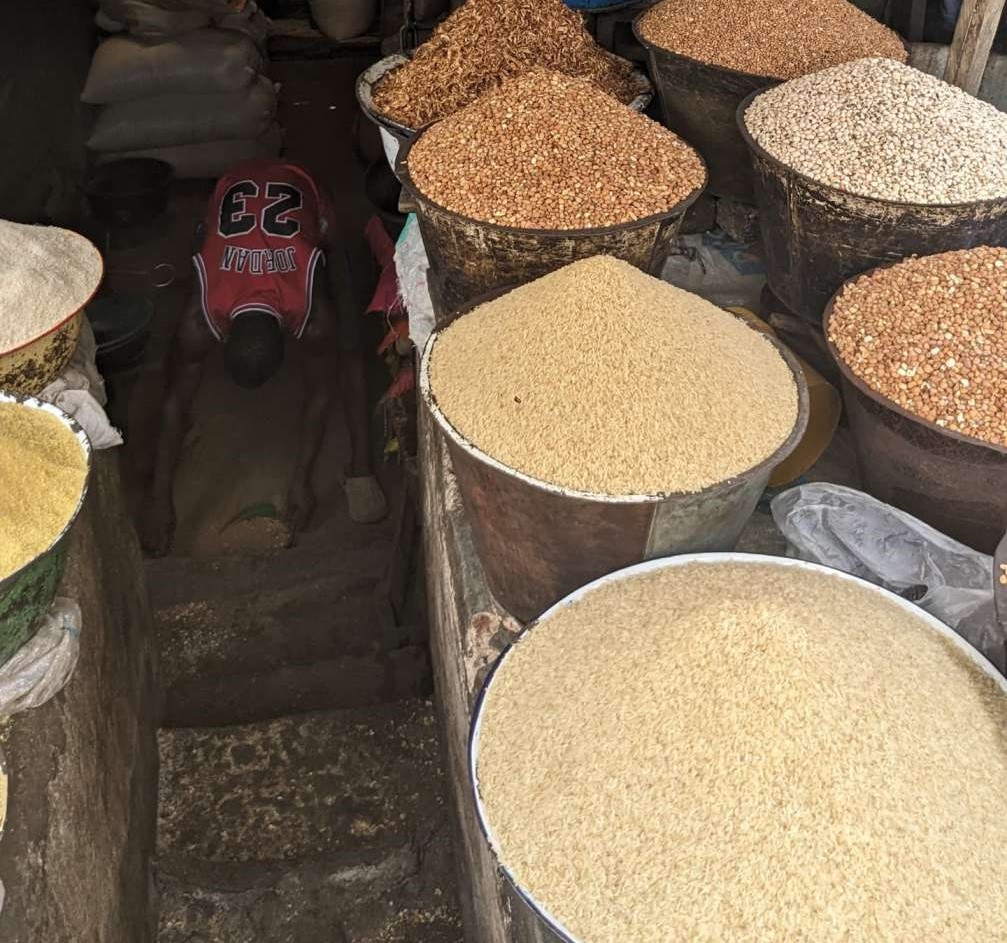Ahmad El-Marzuq, the National Legal Adviser of the All Progressives Congress (APC), told reporters that the hearing of election petitions challenging president-elect Bola Tinubu’s victory in the February 25 election would begin on Monday.
Although the Presidential Election Petition Court (PEPC) granted the presidential candidates of the Peoples Democratic Party (PDP) and Labour Party (LP) leave to serve a petition on Tinubu Bola Ahmed via substituted means on March 24, the PEPC took over a month before the proposed May 8 hearings.
Many stakeholders in the Nigerian presidential election have considered the possibility of the Court of Appeal removing Tinubu as president-elect.
READ ALSO: From Obi to Fayemi, the Origin of Off-Cycle Governorship Elections
FIJ took a look at the precedent of a court removing a president or president-elect after an election and found two recent instances of note on the African continent.
NO PRECEDENT IN NIGERIA
Doubts over the ability of the Nigerian judiciary’s will to annul a presidential election and remove a president-elect have arisen because of the absence of precedent.
Before 2023, there had been election petitions at the Court of Appeal after each presidential election since 1999.
Olu Falae, on the joint platform of the Alliance for Democracy (AD) and All Peoples Party (APP), challenged the 1999 presidential election result which presented Olusegun Obasanjo of the Peoples Democratic Party (PDP) as the winner. The Court of Appeal struck out Falae’s application based on technicalities.
Muhammadu Buhari of the All Nigeria Peoples Party (ANPP) also challenged Obasanjo’s 2003 reelection at the Court of Appeal but failed. He failed at the Supreme Court of Nigeria too.
Buhari went on to contest the 2007 and 2011 presidential election results against Umaru Musa Yar-Adua and Goodluck Ebele Jonathan at the Court of Appeal to no avail.
In 2019, it was Buhari versus Atiku Abubakar of the PDP. The Presidential Election Petition Tribunal dismissed Abubakar’s petition against Buhari’s election victory on September 11, 2019.
READ ALSO: VIDEO: Returning Officer Absent as Commissioner Announces Adamawa Governor-Elect
THE AFRICAN PRECEDENT OF UHURU KENYATTA
The electoral history of African countries such as Kenya has pointed at the fact that Nigeria having a history of failed presidential election petitions is not indicative of the judiciary’s powerlessness in the removal of a president-elect.
In 2017, Kenya’s Supreme Court annulled the country’s August presidential election a month after Kenya’s election commission announced Uhuru Kenyatta’s reelection.
Raila Odinga, Kenyatta’s main opponent, had accused the Independent Electoral and Boundaries Commission (IEBC) of malpractice and election rigging.
The IEBC conducted another election on October 26, 2017, and Kenyatta emerged as the winner again.
READ ALSO: SUMMARY: 4 Things Peter Obi Wants From Court
MALAWI’S CONSTITUTIONAL COURT REMOVED PRESIDENT PETER MUTHARIKA
In what is regarded as unprecedented in Malawi, the country’s Constitutional Court judges annulled the May 2019 presidential election, leading to the removal of Peter Mutharika who had been president since May 2014.
Lazarus McCarthy Chakwera of the Malawi Congress Party (MCP) had challenged the declaration of Mutharika as the winner of the 2019 presidential election.
Mutharika’s critics decried widespread inconsistencies in election result sheets.
Results were redacted with Tippex pens and rewritten. Notably, the authorities arrested Fred Thomas, a district polling staff for Nsanje, when they found him tampering with the presidential election results sheets.
Many Malawi citizens referred to the election as “the Tippex Election” and called Mutharika “the Tippex President”.
The annulment of Mutharika’s 2019 victory was second only to Kenyatta’s in 2017. Unlike in Kenya, Malawians decided to vote Mutharika out of office in a fresh election on June 28, 2020.
According to the PDP and LP petitioners, both Tinubu and his running mate Kashim Shettima were not fit to contest the presidential election in the first place. On the one hand, Tinubu was allegedly found guilty of dishonesty bordering on drug dealing in the United States. On the other hand, Shettima entered the contest as a vice-presidential candidate and senatorial candidate.
Tinubu and the APC are also accused of electoral malpractice.
Subscribe
Be the first to receive special investigative reports and features in your inbox.






